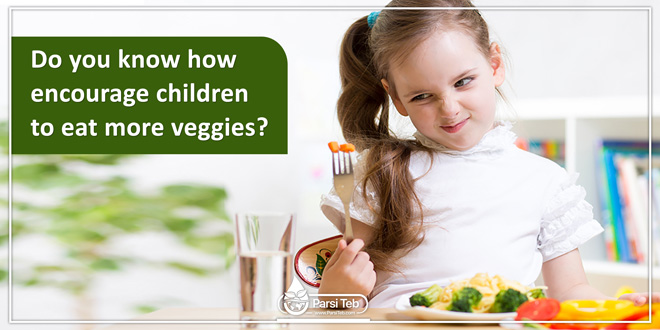Are you tired of your children turning their noses up at carrots, avoiding cauliflower at all costs, or refusing to touch anything green on their plate? It might be time to think outside the kitchen for a solution to this picky-eater problem. Growing a vegetable garden is a wonderful way to encourage children to eat more veggies. It can also teach kids why these foods are an important part of a healthy diet.
Growing vegetables promotes healthier choices
Studies have shown that when children help plant, tend to, and gather vegetables, they eat more of them than kids who don’t garden. Children who garden most likely will enjoy harvesting plants they’ve helped grow. They’ve already invested time and effort in the process of growing them (having fun while doing it), so you probably should expect them to take pride in sampling the “reward” at the end. Also, vegetables picked at their peak and eaten fresh — especially right off the vine or plant — just taste delicious, which means kids are more apt to like them.
A vegetable garden for everyone
You don’t need a big yard – or even any yard at all — to plan and plant your own vegetable patch. Many veggies can be grown in pots or small planters on a deck or patio. With so many different kinds of seeds and plants to choose from, deciding what to grow can be daunting. You don’t have to plant a large assortment of different veggies, but a little variety may make the garden more appealing to kids.
Before you plan out what will go where, decide how much space (or how many pots) you’ll be able to use. Check with your local garden center or university cooperative extension office for advice on which plants are best suited to your local conditions. They may even offer kid-friendly classes to help you get started.
Here are some themes to help you narrow down the veggie selection:
1) Grow the rainbow. Think outside the leafy green box and feed your child’s playful nature by planting a vegetable of each color to grow in your garden. Choose from red chard or tomatoes, orange cauliflower or carrots, yellow beets or wax beans, blue potatoes, and purple string beans.
2) Plant a salad bar. Many kinds of lettuce are fast-growing, which makes them a good choice for impatient kid gardeners. Plant an assortment of leafy greens as well as your favorite salad mix-ins (such as grape tomatoes, cucumbers, scallions, and bell peppers) to enjoy throughout the season. You may need to plant them at different times to ensure that they’ll be ready to eat at the same time.
3) Stick to a theme. Narrow down your choices to vegetables that are similar, but pick varieties that showcase differences in size, color, or texture. Kids will marvel at the range. For instance, if you stick to root vegetables, choose an array of multicolored beets, radishes, carrots, and potatoes to grow. Or choose leafy greens in a variety of sizes and flavors, from baby arugula and spinach to the larger-leafed rainbow chard and wrinkly dinosaur kale.
Whatever you decide to plant, try to include a veggie or two your child already likes to eat. And be sure to talk about the nutrition each vegetable provides. Kids might be surprised to learn that dark leafy greens contain calcium, just as milk does, or that tomatoes are rich in lycopene, a powerful antioxidant that may protect against cancer.
Building a garden with your children can also boost their self-esteem. That’s because children of all ages can help with just about every aspect of caring for the garden. They’ll be able to use a trowel to dig holes for seeds. Plus they can water the plants, pull weeds, and pick ripe vegetables.
From garden to table: enjoying the harvest
Now comes the best part — coming up with tasty new ways to use the vegetables you’ve grown. Sit down with your child and go through cookbooks or kid-friendly food web sites to search for fun and easy recipes. Together, you can put your harvest to delicious — and healthy – use.
 Parsi Teb Physical and Mental Health Journal
Parsi Teb Physical and Mental Health Journal 



